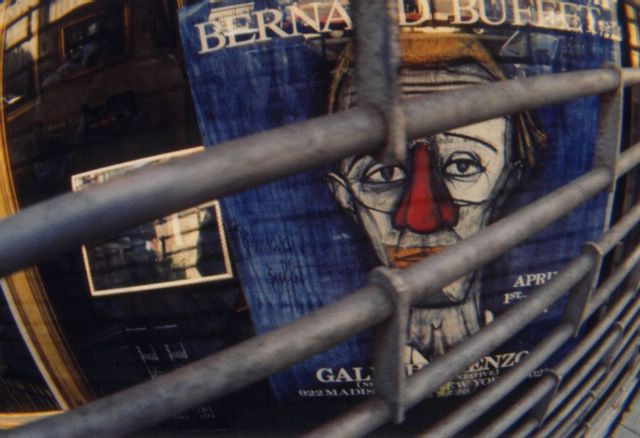He worried that the state's power would end up concentrated in a single authority, until its citizens were "reduced to nothing better than a flock of timid and industrious animals, of which the government is the shepherd." He feared the majority would trample on minorities, like the mob that attacked the Baltimore editors, or the whites of Pennsylvania who intimidated blacks into not voting. And he was concerned about tyranny of opinion, saying he knew of no country with "less independence of mind and true freedom of discussion" than America.Tocqueville pointed to some bulwarks against tyranny. He was a firm supporter of checks and balances. He believed in the power of American law to limit the excesses of the ruler - the exact issue in today's debate over the warrantless wiretapping of American citizens. He had great hopes for the judiciary. "The courts correct the aberrations of democracy," he wrote, and "though they can never stop the movements of the majority, they do succeed in checking and directing them." Tocqueville would not be surprised that the Supreme Court has limited the Bush administration's excesses in the war on terror - or that the administration has been eager to nominate justices with an expansive view of presidential power.
Tocqueville would not have been distracted by all the talk that warrantless wiretaps, indefinite detainment of enemy combatants and other civil liberties incursions are serving the cause of freedom. He understood that the newest incarnation of despotism was likely to be ushered in by the "avowed lover of liberty" who is a "hidden servant of tyranny."
Nor, though, would he be likely to despair. One reason "Democracy in America" has remained so popular is that despite his fears, Tocqueville remained nervously optimistic about democracy. He knew that the kind of equality that had taken hold in America could lead to tyranny, but he also believed that it gave people a "taste for free institutions," which would lead them to resist. Equality "insinuates deep into the heart and mind of every man some vague notion and some instinctive inclination toward political freedom," he insisted, "thereby preparing the antidote for the ill which it has produced."
I believe it is time for the Democrats to put that last statement to the test. Make the 2006 election a referendum on the rule of law, the Constitution, and Democracy itself. Make an issue of the Constitutional ramifications of unchecked, illegal spying. Talk about the corruption and rot the Abramoff case has exposed in the legislature. Hang Alito's hard-right, extremist views around their necks like a millstone whether he's confirmed or not (if he is confirmed, this millstone will be a lot more substantial... but that's not really a good thing).
If possible, tie it all together with the unifying theme that the Republicans have corrupted all three branches of our government, and the only way to begin cleaning it up and repairing the damage is to vote the bums out. Tell the voters, over and over again, "If you want to live in a democracy, vote Democrat. If you want to live in a police state and spend the rest of your life jumping at your own shadow, vote Republican."
If the American people are still committed to the democratic ideal, make it as hard as possible for them to vote for Republicans. And if after all that, they still decide to vote for a police state, well, Soviet- er, I mean, so be it. They'll have made an informed choice, and as Hecate so eloquently said, they can't say we didn't warn them.

3 comments:
Well, we certainly need to get a bigger megaphone, if we can't get more than 1/6th of American adults to read the blogs...
.
1/6th? Is it really as high as that? My personal anecdotal experience is that about 1/20th have even *heard* of blogs.
they still decide to vote for a police state, well, Soviet- er, I mean, so be it.
Eli must be stopped.....
Post a Comment